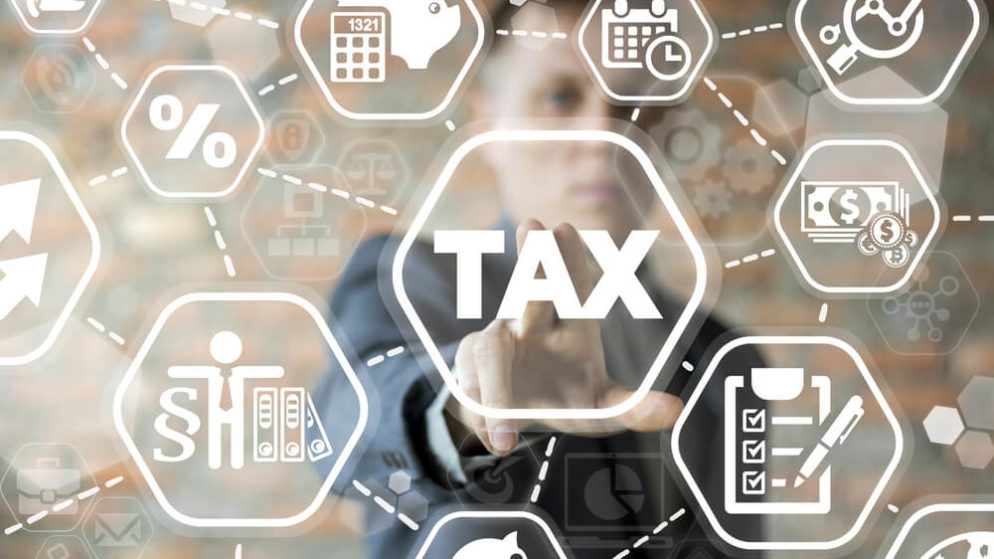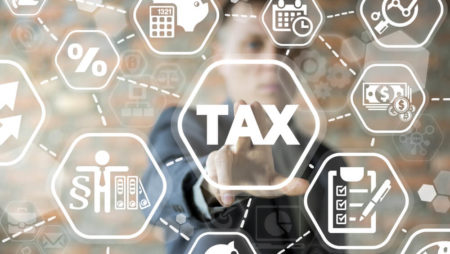

The coronavirus shutdowns could cause more states to legalize and levy taxes on sports betting and internet gambling in the U.S.; the resulting economic hardship and budget deficits could prompt states to look for new sources of tax revenue, and gambling fits the bill.
While most US major league sports remain shut down due to COVID-19, Asian baseball and European soccer have resumed play. In the US, NASCAR has resumed and the PGA golf tour golf will begin soon. Furthermore, major U.S. sports leagues including the NHL and the NBA are planning to resume their seasons.
Chris Krafcik, a managing director with Eilers & Krejcik Gaming, predicts that the shutdowns “will speed the expansion of online casinos and sports betting in the next 12 to 24 months.” Eilers & Krejcik Gaming track sports and internet gambling legislation in the U.S. “Both activities provide states, whose economies have been massively affected by the shutdowns, the opportunity to bring in new revenue right away with upfront license fees, and through taxes on sports betting.”
What we cover
States Eager for Taxes on Sports Betting
Sports betting is not a pot of gold for states looking for new tax revenue. An analysis last year discovered that taxes on sports betting would generate less than 1% of most states’ budgets. And that’s only if the states meet their estimates for taxes on sports betting and other gambling revenue. The fact is, many states fall far short of those predictions.
But now, with many state budgets reduced to a smoking heap as tax revenue disappears in a shutdown economy, even a small revenue boost from taxes on sports betting is better than nothing.
So far, 18 U.S. states and the District of Columbia have legalized sports betting. Four more states offer internet gambling, which can include online slots, poker, and casino games.
Also, Tennessee and Virginia have approved sports betting but have not yet launched. Two tribal casinos in North Carolina offer sports betting, and the state is considering a bill to allow it statewide. Tribal casinos in Washington state offer sports betting and Oklahoma allows two tribes to offer it, pending approval from federal regulators.
Krafcik thinks that Ohio, Louisiana, and Massachusetts are potential candidates to legalize sports betting this year. All of these states could benefit from taxes on sports betting.
Ohio’s Legislature is moving ahead with a bill that could legalize sports betting, including mobile sports betting. However, a competing bill could limit sports wagers to in-person bets at race tracks and casinos. Louisiana is also close to approving a referendum on sports wagering.
Legislators in California proposed sports betting as a means to help ease the state’s $54 billion budget deficit. The largest state in the Union could benefit profoundly from taxes on sports betting.
Krafcik thinks by the end of the year, Illinois could approve internet gambling. Illinois could make that move, at least in part, to recover tax revenue lost to the prolonged COVID-19 shutdown. Taxes on sports betting could help to balance the books in Illinois.
Unprecedented Financial Challenges Due to Unprecedented Times
“More states are facing unprecedented financial challenges,” observed Matt King, CEO of FanDuel. “We firmly believe that online gaming and mobile sports betting legislation is the kind of commonsense legislation that many states will look to.”
New York State Senator Joseph Addabbo has been pushing Governor Cuomo for years to adopt online and mobile sports betting as a means to generate tax revenue; that includes recapturing money lost as New York gamblers go to New Jersey to gamble on sports. Addabbo said New York State faces a budget deficit of $17 billion, largely due to the shutdown. Others have estimated the shortfall at around $13 billion.
“We should be getting ready now, with regulations, taxes on sports betting, setting up servers, and contracting vendors,” said Addabbo. “Let’s get ready so that when we lift the shutdown, we don’t miss out on another Super Bowl.”
New York Governor Cuomo has stood fast on his opinion that legalizing mobile sports betting would require an amendment to the state’s constitution. The substantial, potential revenue from taxes on sports betting has not swayed Cuomo from his opposition.
While casinos in many states are reopening, not every gambler is anxious to go back into a crowded building, fearing that the virus is still spreading.
“It’s possible that some gamblers will prefer to play online from home rather than going to a casino, even If social distancing safeguards remain in place,” observed David Schwartz, a gambling historian with the University of Nevada Las Vegas.
However, the reopening of both the Strip and downtown Las Vegas surprised many skeptics. Gamblers flocked to Sin City, unafraid of the virus. People flew into Vegas from all over the country to celebrate Sin City’s reopening.
Yaniv Sherman, head of commercial development for 888 Holdings, said the shutdowns have accelerated trends that were already in motion, including a growing acceptance of online sports betting.
“The virus shutdowns have emphasized the need for diversifying revenue,” he said. “The future is online growth, and it’s happening right now, not in 5 or 10 years. We hope to get more states on board, using taxes on sports betting as the reward.”





